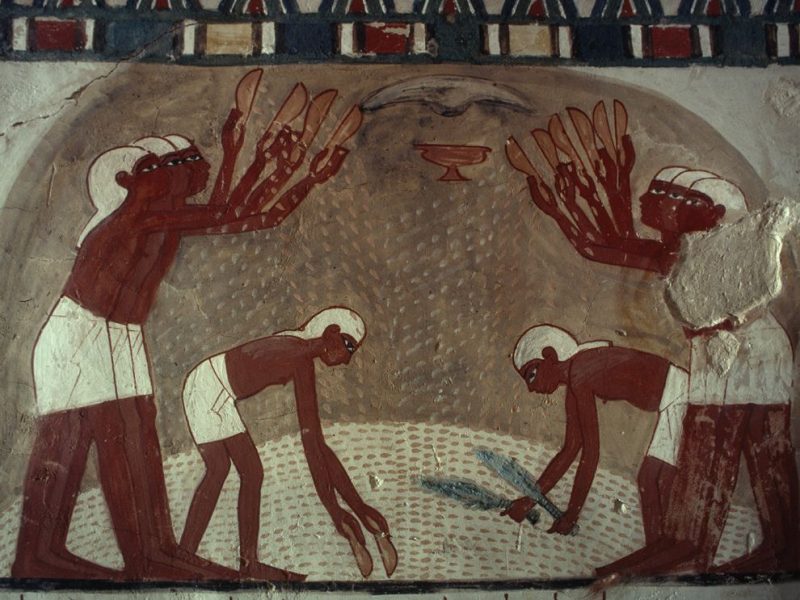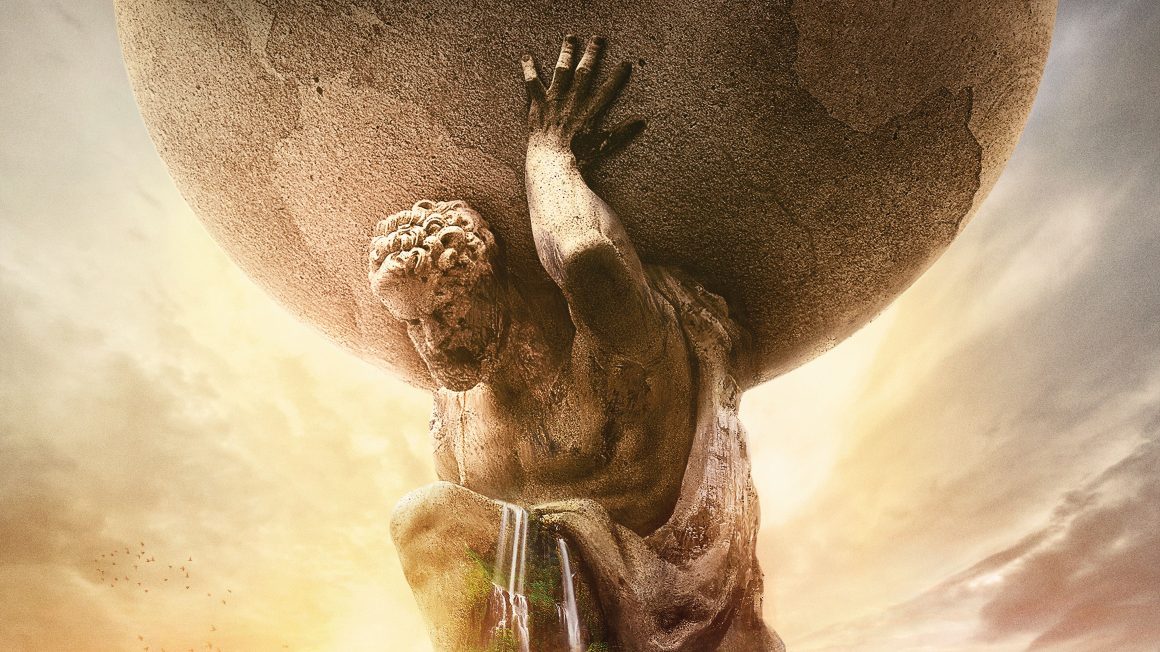The word civilization is derived from the Latin word ‘civic’ which means a person living in a city. The word civilization is very familiar to us which literally means culture, courtesy, manners, etc. The French philosopher Voltaire was the first to use the term civilization. A region or a people of a region builds a city and builds a better life system. At that time writing system, law, government system, trade, new technology, education, and clear religion-philosophy were invented as the auxiliary controller of its progress then it was called civilization. This civilization usually develops through the basic and complex cultural environment. Civilization is often defined by some other social, political, and economic characteristics upon which civilization depends. These include centralization, the habitat of humans and other organisms, the specialization of labor, culturally created development norms, domination, sculptural architecture, the imposition of taxes, social dependence on agriculture, and the tendency to expand. Civilization is the progressive stage of organizational living. This means it has its own laws, culture, and way of life and its own way of defending itself. Most civilizations have their own agricultural systems and systems of government similar to monarchies or electoral systems. They speak a common language and may have their own religion and education system. All civilizations, from Sumerian and Egyptian to all, had their own writing system. Through this writing method, they used to compile and preserve their knowledge. The Roman Empire is an example of a great civilization. It was officially operated from the city of Rome. The empire once stretched from the Scottish border to North Africa and the northern Mediterranean. Their own language was Latin. Roman civilization lasted a total of 1000 years, but ancient Egyptian civilization lasted longer than that. The Romans and the Egyptians faced each other in the Battle of Actium. Egypt became part of the Roman Empire as the Romans conquered it. Because of their power and strength, arrogance and conceit once became another name in the life of Egyptians. The pyramids still survive as symbols of their power and arrogance. Sumerian civilization, Babylonian civilization, Assyrian civilization, Chinese civilization, Indus civilization, Hebrew civilization, Greek civilization, Roman civilization, Maya civilization, and Inca civilization left traces of rising and fall one after another in the world after Egyptian civilization. But all these civilizations leave a history of rising, development, and decline. Every courtesy has played a role in the modernization of the world.

Let’s talk about some significant and remarkable ancient civilization;
The Egyptian civilization
Herodotus, the father of history, called Egypt a “Gift of the Nile.”. Because Egyptian civilization developed around the Nile. The chief deity of the Egyptians was the sun god, named ‘Aman’. The idea of the Egyptian king Pharaohs, they are descendants of the sun god. So they were immortal and because of this belief, they kept their bodies mummy after death. The Egyptians were skilled in making idols. The limestone statues of Egyptian King Akhenaten and Queen Nefertiti still seem alive. The Egyptian writing system is called hieroglyphic, It’s a Greek name that means “sacred script.” The development of astronomy and mathematics in the world of science was the first success of the Egyptians. Besides, it is believed that the Egyptians invented arithmetic and geometry.
The Roman civilization
This civilization arose around the ancient city of Rome in northwestern Greece. This courtesy lasted for six hundred years. The Roman king Romulus founded the city of Rome. The Roman rule has evolved over many times. In Rome, slaves were subjected to inhumane treatment. Slavery revolts began in 73 BC, led by a slave named Spartacus, and ended with his death in 71 BC. Rome has been embroiled in bloody conflicts since 110 BC. Various rulers emerged. The civil war in Rome began after the death of the famous King Caesar. At this time, three leaders named Octavian Caesar, Mark Anthony and Lepidus emerged. Octavian Caesar later defeated Lepidus. On the other hand, Antonio was strengthened by his marriage to the Egyptian princess Cleopatra. But that was not the end of the defense, Octavian defeated him. He then became the sole ruler of Rome under the name of Augustus Caesar.
The Greek civilization
Due to the many mountains, Greece is divided into smaller parts and many city-states are formed. The mainland of Greece was Athens, Thebes, and Megara, and the region of Peloponnesus was Sparta and Corinth was Miletus on the shores of Asia Minor. The Spartans were anti-democratic and anti-progressive. Their original habitat was east of the Peloponnesus region. By force of arms, they captured Sparta and enslaved the tribals. The structure of modern democracy was created in Athens. Pericles, the most popular ruler of Greece, came to power in Athens in 460 BC. This period is called the Golden Age of Athens.
The Indus civilization
The city of Mohenjodaro developed on the banks of the Indus and the city of Harappa developed on the banks of the Ravi, a tributary of the Indus. Although other ancient civilizations had remarkable architectural features, they were limited to the construction of religious institutions, palaces, etc. But modern cities developed in the Indus Valley civility. There were different types of roads, big and small, there were various arrangements including wells for water supply, there were drains for sewerage, there were baths, there were drains and street lights in the streets, there were defenses in the city. About 2500 seals were found in these two cities, most of which were portraits of animals, such as bulls, buffaloes, etc.
The Persian civilization
To the north of the Arabian Desert, the Persian extended from the Danube basin on the east to the east and from the northern end of the Black Sea to the southern border of Russia. There were two empires in Persian civilization. Median Empire and Persian Empire. Although the kingdom of Medes was luxurious and reckless, the Persians were idealistic and industrious. The Persian Empire was ruled by the famous emperor Darius the Great. Darius was a very intelligent emperor. He has accepted the good things of all the regions instead of destroying them by occupying new territories.
In addition to this famous courtesy discussed above, there were many other civilizations in the world, big and small. The main goal of all civilizations was the development and welfare of human life. With the exception of some civilizations, the aims and objectives of almost all civilizations were almost identical.

